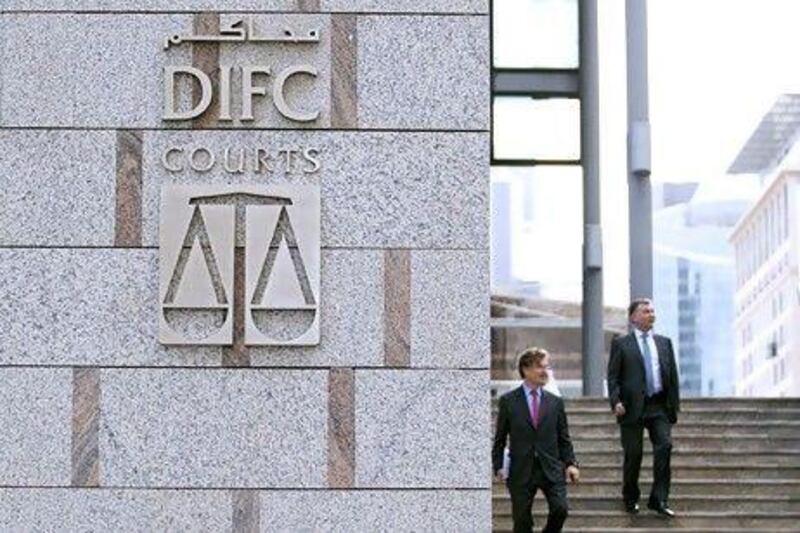There has been much discussion of the long awaited amendments to the Commercial Companies Law in the UAE as a means of attracting more foreign direct investment (FDI) into the UAE.
However, there is another effective method of attracting FDI that is a growing trend in the Middle East and North Africa (Mena) region, the establishment of stand-alone financial centres with their own self-sufficient laws, independent courts and arbitration centres.
Dubai and Doha are probably the best known of these centres, but the trend is growing with the emergence of Casablanca Finance City, 10 times the size of the Dubai International Financial Centre (DIFC) at 100 hectares and rumours of other financial centres in the Mena region in the pipeline.
And the trend is not limited to the Middle East with the Labuan International Business Financial Centre in Malaysia introducing the world's first omnibus Islamic Act in 2010.
The Global Financial Centres Index 11 published in March compared and ranked 77 financial centres globally. The best signal of commitment to financial services was stability and transparency of regulation.
A shopping list for the establishment of these financial centres would include: a clear regulatory structure; a law for establishing businesses; a law for dealing with insolvent businesses in the context of financial transactions; a law of contract adopted to financial transactions; a court or arbitration facility for the resolution of disputes; and an acceptable level of business taxation. It is also important to choose financial services on which to concentrate and build regulatory expertise and to identify what a particular financial centre is not prepared to promote.
The financial centres that are emerging share several common themes: favourable tax regimes; an independent legal framework; and a stand-alone regulator (although Casablanca Finance City will not have a dedicated legal framework, with financial businesses subject to the existing financial authorities).
A stand-alone legal system that is familiar to foreign investors and offers an alternative or an adjunct to the existing legal system in country is usually top of the list.
There is no one-size-fits-all but what attracts investors is the willingness of the existing financial centres to adapt and respond to market and client demands by, among other things, introducing purpose-built dispute resolution systems that meet the needs of the commercial users.
The DIFC Courts have operated a small claims Tribunal for some time (and have expanded the criteria for access) to encourage swift and cost-effective resolution of disputes without the need, dare I say it, for lawyers.
Access to the DIFC Courts was also opened up last year by allowing any parties to write into their contracts provisions for any dispute to be resolved by the DIFC Courts, removing the previous requirement for there to be some form of connection between the dispute and the DIFC.
While the Qatar International Court and Dispute Resolution Centre (QICDRC) already had similar provisions written into its rules, it has proved equally adept at responding to the needs of the financial community.
A fast-track construction scheme is being developed to be available to companies engaged in delivering infrastructure contracts, in response to anticipated demand given the infrastructure needs of the 2022 Fifa World Cup. However, as far as foreign investors are concerned, the proof of the pudding is in the eating.
There is a certain tension as foreign investors do not want to be the guinea pigs who test a new system, yet they are looking for a track record, stability and confirmation that their investments will be afforded protection if necessary.
The DIFC Courts has reported more than 40 enforcement actions of orders or judgements from the Courts have been granted by the Dubai courts, an order for the enforcement of a DIFC-LCIA arbitration award has been issued by the Dubai courts and a judgement from Bahrain has been enforced through the DIFC Courts.
The QICDRC has heard nine cases at first instance, an appeal, a mediation and two arbitrations to date.
It has required a leap of faith to certain extent, but now several of the Mena financial centres are establishing that track record it has had a knock-on effect in the take-up of the other new financial centres that are being established.
A system that relies on a stand-alone legal and regulatory system has now been shown to be a success where the political will and support exists.
It seems that even in these turbulent economic times the financial centre model is here to stay.
James Abbott is a partner at Clifford Chance
twitter: Follow and share our breaking business news. Follow us
iPad users can follow our twitterfeed via Flipboard - just search for Ind_Insights on the app.





